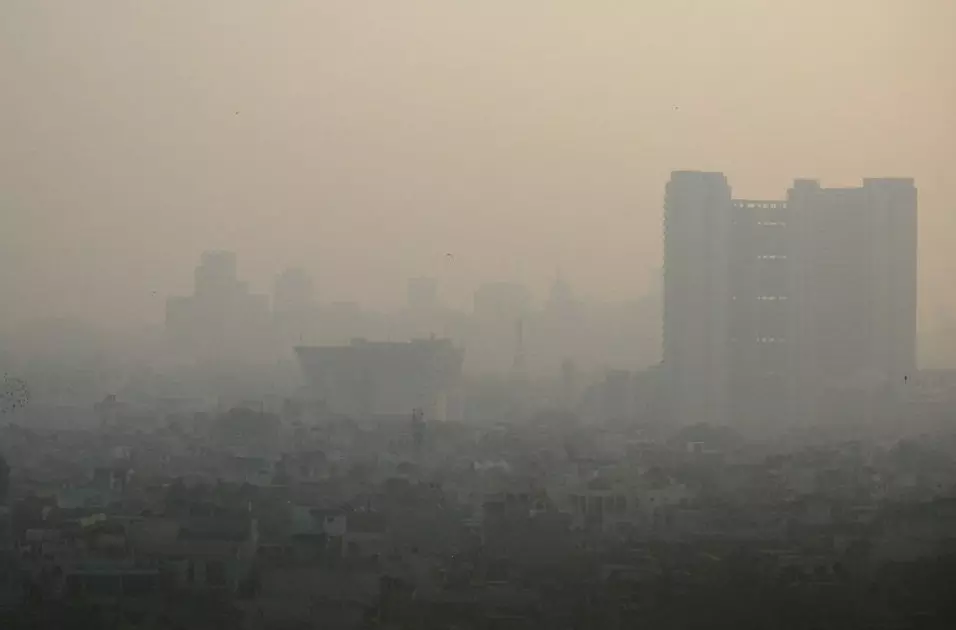Global Air Pollution Charts: 13 of world’s 20 most polluted cities are in India
Global Air Pollution Charts: 13 of world’s 20 most polluted cities are in India

A new air quality report by Swiss firm IQAir has once again highlighted India’s severe air pollution crisis, with 13 of the world’s 20 most polluted cities located in the country. The World Air Quality Report 2024 identifies Byrnihat in Assam as the most polluted city globally, while Delhi remains the world's most polluted capital. Although India’s overall PM2.5 levels saw a 7% decline in 2024, air pollution continues to pose significant health risks.
Air Quality Trends in India
India’s average PM2.5 concentration fell from 54.4 micrograms per cubic meter in 2023 to 50.6 in 2024. However, six of the world's 10 most polluted cities are still in India, with Delhi recording an alarming annual PM2.5 concentration of 91.6 micrograms per cubic meter. The 13 Indian cities on the list include Byrnihat (Assam), Delhi, Mullanpur (Punjab), Faridabad, Loni, New Delhi, Gurugram, Ganganagar, Greater Noida, Bhiwadi, Muzaffarnagar, Hanumangarh, and Noida. Globally, India ranked fifth in pollution levels, trailing Chad, Bangladesh, Pakistan, and the Democratic Republic of Congo.
Health Risks and Causes
Air pollution remains a major public health concern, reducing life expectancy in India by an estimated 5.2 years. A separate study in The Lancet Planetary Health links long-term PM2.5 exposure to over 1.5 million deaths in India annually. The primary sources of pollution include biomass burning, industrial emissions, and vehicular pollution. PM2.5 particles, small enough to penetrate deep into the lungs and bloodstream, significantly increase the risk of respiratory illnesses and heart disease.
Call for Action
Despite improvements in air quality monitoring, experts stress the urgent need for stronger interventions. Former WHO scientist Soumya Swaminathan advocates expanding LPG access to reduce biomass use, enforcing stricter pollution regulations, and enhancing public transportation. Experts suggest a combination of incentives—such as increased LPG subsidies for low-income households—and penalties for polluting industries and vehicles.
For India to tackle its escalating pollution crisis, authorities must prioritize stricter enforcement of air quality laws, promote clean energy, and invest in sustainable urban transportation.

